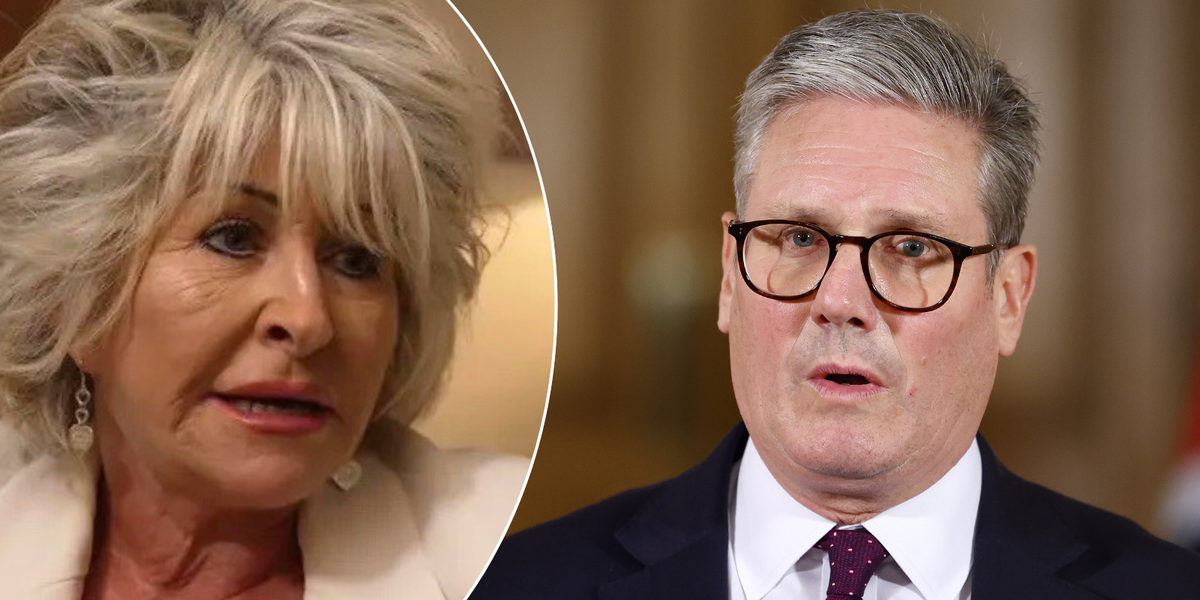Universal Credit rates are set to rise by 6.7 per cent from April, in line with September’s consumer price index (CPI) inflation.
However, the ongoing cost of living crisis is continuing to take its toll on disposable incomes even with inflation easing and speculation of interest cuts in 2024.
Claimants of Universal Credit could be as much as £670 worse off in April 2024, even if rates rise in line with inflation, according to recent analysis from the New Economics Foundation.
What is Universal Credit?
Universal Credit is a DWP payment for those of working-age who are either unemployed or on low income.
Universal Credit might not be enough for families to live on
GETTY
During his Autumn Statement, Chancellor Jeremy Hunt outlined changes to Universal Credit to incentivise people getting into work.
These included a crack down on benefit fraud and the implementation of a new “Back to Work” plan.
The latter targets jobseekers who “disengage” with the DWP’s services through a stronger sanctions regime and more intense work coach support.
How much will Universal Credit be from April 2024?
Universal Credit is made up of a monthly standard allowance, with the rate depending on circumstances, plus any additional amounts which a person may qualify for.
Later this year, the monthly standard allowance for recipients under the age of 25 will increase from £292.11 to £311.68.
At the same time, the monthly standard allowance for claimants over 25 will rise from £368.74 to £393.45.
Couples under this age threshold will see their monthly payment rise from £458.51 to £489.23.
Furthermore, couples over 25 will see their payment increase from £578.82 to £617.60 a month.
The Government usually increases the payment rate for DWP benefits in line with inflation for September, which means a 6.7 per cent from April.
This financial year, households have been helped with the Government’s cost of living support to relieve the financial pressure of recent years.
This included the £900 cost of living payment for those on means-tested benefit payments, including Universal Credit.











